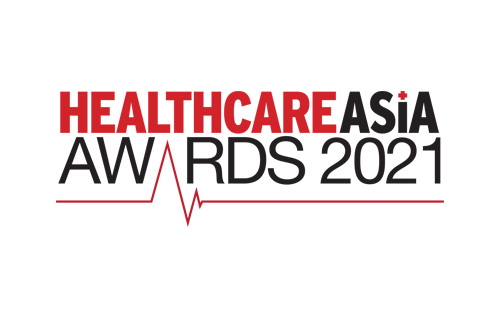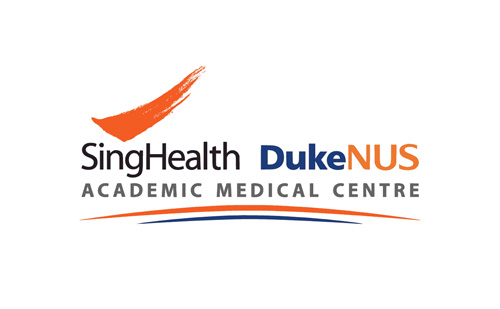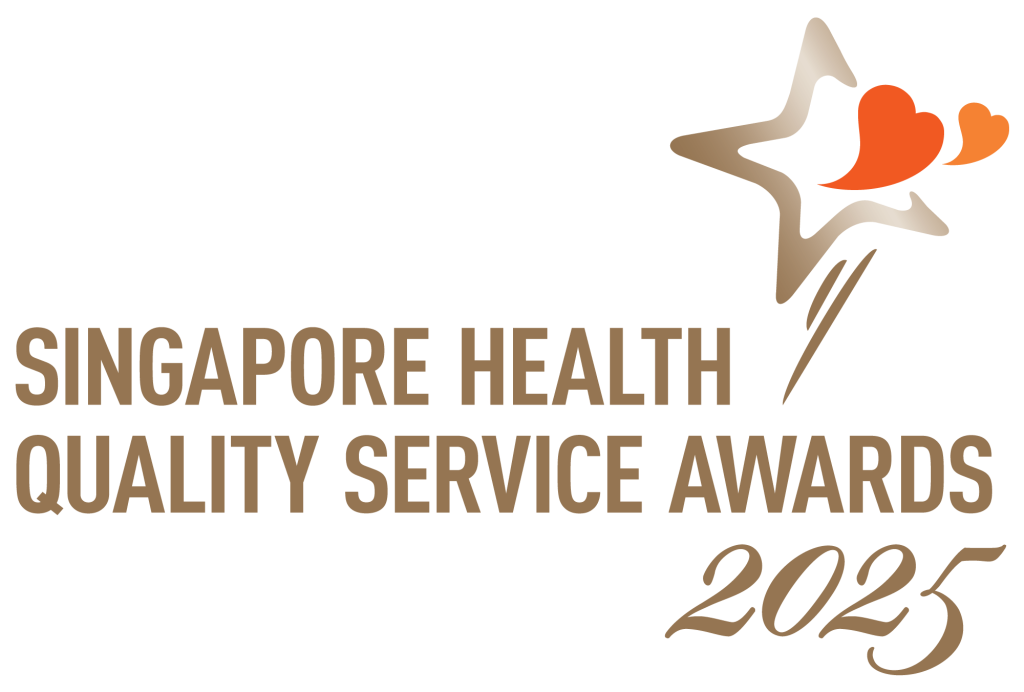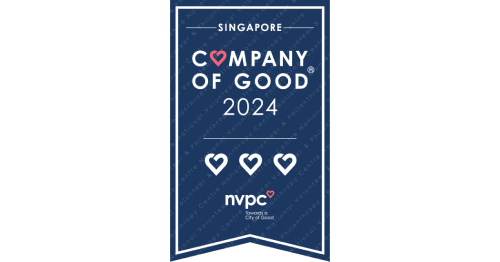















CONTACT US
- 6 Raffles Boulevard #03-308 Marina Square Singapore 039594
- +65 6333 3636
- +65 6672 5688
You should take the COVID-19 vaccine that is recommended by your local health authorities. To date, the Health Sciences Authority has approved both the Pfizer-BioNTech and Moderna COVID-19 vaccines for pandemic use in Singapore.
COVID-19 vaccination is free for all Singaporeans and long-term residents in Singapore. This is to help ensure that vaccination remains accessible to all in Singapore.
COVID-19 vaccination in Singapore remains voluntary. To encourage vaccine uptake in the population, the Ministry of Health will continue to raise awareness and promote public education on the vaccines to help people make an informed choice.
Research on the extent and duration of immunity provided by the COVID-19 vaccine is still ongoing. Preliminary data from the Pfizer-BioNTech COVID-19 vaccine has shown sustained antibody levels at day 85 post-vaccination. Moderna has announced that immunity from its vaccine should last at least a year.
For both the Pfizer-BioNTech and Moderna COVID-19 vaccines, the degree of protection conferred from a single dose has not been formally studied in the ongoing clinical trials. As such, people are advised to receive the recommended dose of the vaccine to ensure optimal protection against the virus.
It is not recommended to receive the second dose of the COVID-19 vaccine earlier than scheduled. The Pfizer-BioNTech COVID-19 vaccine comprises of two doses which should be administered 21 days apart. The Moderna COVID-19 vaccine comprises of two doses which should be administered 28 days apart.
Individuals who are late for their second dose of the COVID-19 vaccine (i.e. beyond day 21) should make arrangements to receive the second dose at the next earliest date available. Restarting the vaccination process is not required.
There is currently no data to support receiving a mix of different brands of COVID-19 vaccines. Therefore, all vaccines which require two doses should be completed using the same brand.
People who have completed the full course of the vaccine are not recommended to receive further vaccination with another brand of vaccine.
It typically takes a few weeks for the body to build immunity after vaccination. Optimal protection from vaccination usually occurs around one to two weeks after the second dose of the vaccine. Therefore, it is important to complete the recommended dose of the vaccines.
Singaporeans, permanent residents and long-term residents can receive free COVID-19 vaccinations. They include employment or S-pass, as well as work permit holders, foreign domestic workers, and dependant’s pass, long-term visit pass and student pass holders.
There is currently no requirement to test for COVID-19 prior to vaccination to determine eligibility for vaccination.
Singaporeans and Permanent Residents (PRs) who are medically eligible to receive the COVID-19 vaccine will be able to do so if they return to Singapore, once the vaccine is made available to them.
The following groups of people are not recommended to receive the COVID-19 vaccine until more data is available:
(a) Pregnant women;
(b) Severely immunocompromised people (e.g., active cancer, recent recipients of organ transplant);
(c) Children under 16 years of age.
People with a history of severe allergic reaction (e.g., facial swelling, difficulty breathing, blood pressure drop) or anaphylaxis are also not advised to receive the COVID-19 vaccine until more information on the risks is available.
You may or may not experience side effects after the COVID-19 vaccination. Common side effects from the vaccine include:
(a) Pain, redness or swelling over the injection site;
(b) Fever;
(c) Joint pain or muscle aches;
(d) Tiredness.
These side effects are mild and should resolve within the next two to three days. If your symptoms persist or worsen, or if you feel unwell in general, please consult your doctor as soon as possible.
The risk of a severe, life-threatening allergic reaction or anaphylaxis is rare – the Centers for Disease Control and Prevention (CDC) reported 11.1 cases of anaphylaxis per million doses of the Pfizer-BioNTech COVID-19 vaccine.
Vaccine recipients are observed on-site for 30 minutes post-vaccination to observe for any signs or symptoms of adverse reactions.
The vaccines do not contain any live virus and therefore cannot cause COVID-19 infection. Each vaccine is designed to prevent, not cause, COVID-19 infection.
Yes, Pfizer-BioNTech Phase 3 clinical trial safety data was collected in 43,651 subjects with an age range spanning 16 to 91 years of age. Moderna safety analysis comprised of data from more than 15,000 subjects, including those age 18 to 95.
In the Pfizer-BioNTech COVID-19 vaccine clinical trials, similar efficacy rates of around 95% were demonstrated across the different ages groups, including those 65 years old and above.
In the Moderna COVID-19 vaccine clinical trials, efficacy point estimates were observed to be lower at around 86% in people aged 65 years and above, and around 75% in people with comorbidities aged 65 years and above. Nonetheless, the protection conferred from the vaccine remains clinically relevant in this subgroup of older people who is known to be at higher risk of severe disease and complications from COVID-19.
The Ministry of Health (MOH) has introduced a vaccine injury financial assistance programme to support people who suffer from serious adverse reactions that are assessed to be likely secondary to COVID-19 vaccination. MOH has also stated that MediShield Life is claimable for vaccination-related complications. To find out more, please refer to https://www.moh.gov.sg/news-highlights/details/update-on-covid-19-vaccination-programme.
All Integrated Shield Plan policyholders who are hospitalised as a result of complications from COVID-19 vaccination will have their hospitalisation fees covered if they receive the vaccine in Singapore using vaccines approved by the Health Sciences Authority. The coverage will be provided till 31st December 2021, with a possibility of extension depending on how the situation evolves.
There were no safety concerns reported from the Pfizer-BioNTech phase 3 clinical trials, which included people with medical comorbidities who were at risk of serious complications from COVID-19 infection. Therefore, people with chronic illnesses are recommended to receive the vaccine to protect themselves and their loved ones, including those who might not be eligible for vaccination.
Women who are breast feeding are recommended to receive the vaccine. However, they are advised to stop breastfeeding for five to seven days post-vaccination. Women who are unable to suspend breastfeeding and still wish to get vaccinated may undergo vaccination.
Women who are planning a pregnancy are advised to defer conception for one month after completing the 2-dose vaccine series. Pregnant women are not recommended to receive the vaccine until more data becomes available – vaccination is advised only after delivery. Women who become pregnant after dose 1 but before dose 2 are advised not to receive dose 2. These recommendations do not apply to male vaccine recipients.
An accelerated development timeline for the COVID-19 vaccines was possible due to the following factors:
(a) Significant investment and allocation of resources to vaccine production;
(b) Strong global partnerships between international organisations, governments, researchers and manufacturers;
(c) Randomised controlled trials were able to be conducted more quickly in the pandemic setting;
(d) The various clinical trials have performed their trial phases concurrently, allowing for sufficient data to be produced over a shorter period of time.
The Ministry of Health has stated that the scientific or safety integrity of the clinical trials have not been compromised. The Health Sciences Authority has also assessed that both the Pfizer-BioNTech and Moderna COVID-19 vaccines meet safety and efficacy standards for pandemic use in Singapore.
The current data show no safety concerns regarding vaccinating those with prior COVID-19 infection. The data also indicate that people with prior COVID-19 infection are likely to remain protected against the virus for at least three months after infection, and possibly longer.
Therefore, people with no immunity against COVID-19 will be given priority to undergo vaccination. Those with prior COVID-19 infection can be vaccinated but are advised to postpone vaccination until after others with no immunity against COVID-19 have received their vaccinations.
If your fever lasts for 2 days or more, you are advised to see a doctor as soon as possible for further evaluation to check for other causes of fever. This may include a test for COVID-19 and/or medical leave.
Acute respiratory infection (ARI) symptoms, such as cough, runny nose and/or sore throat, are not known to be side effects of the vaccine based on clinical trial results. Therefore, vaccinated individuals who present with ARI symptoms will require a COVID-19 test if they meet the relevant clinical criteria.
Currently, post-vaccination tests to ascertain the degree of protection from COVID-19 are not required. According to the Centers for Disease Control and Prevention (CDC) guidelines, antibody testing to assess for immunity against COVID-19 post-vaccination is not recommended.
It is also possible that a person could be infected with the virus just before or just after vaccination, and therefore fall sick with the virus as the vaccine has not had enough time to provide protection.
It is possible that you could still infect others with the COVID-19 virus even after you are vaccinated against it. Studies are underway to see if the COVID-19 vaccination helps to prevent onward transmission of the virus. Therefore, it is important to continue practising public health measures, such as mask wearing, good hand hygiene and social distancing, even after vaccination.
You may receive the COVID-19 vaccine before or after your flu vaccine. The current recommendation is to space the COVID-19 vaccination apart from other non-COVID-19 vaccinations for two weeks or more.
In view of the fact that vaccinations are not 100% effective and require considerable amounts of time and effort to be rolled out in the community, public health measures, such as mask wearing, good hand hygiene and social distancing, should continue to be practised post-vaccination.
There is currently no evidence to suggest that the Pfizer-BioNTech and Moderna COVID-19 vaccines do not protect against the mutated variants of the virus.
Each country has its own set of travel restrictions and requirements. People are advised to ascertain the necessary requirements before travelling.















